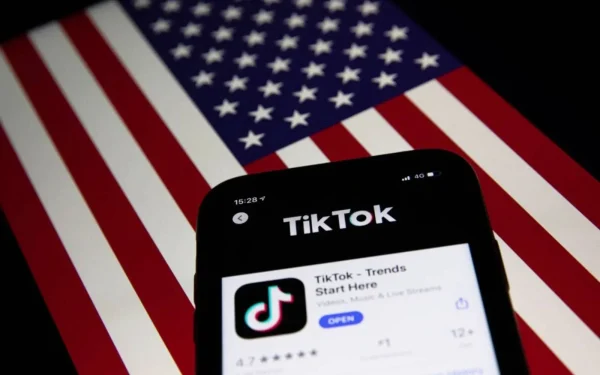Are Student-Led Conferences Really Helpful?
After the first quarter, advisors, students, and parents have a meeting to discuss each student’s academic performance to date. These student-led conferences allow students to disclose their study habits, school work, and grades to their parents and advisors. Also, parents and advisors alike prescribe more efficient study habits to the students to enhance their performances during the following quarters. Though this meeting may sound beneficial to student performance in school, do the students and parents believe that these conferences really help the students and their overall success?
“The conferences give great insight to parents about how their children are performing in school and what they can do to help their children succeed,” said eighth-grader Alex Bories. “Students also benefit from these conferences by figuring out better and more effective studying habits to do better in the following quarters.”
While some students think that the student-led conferences are beneficial, others believe they can be handled in a different way.
“I believe that the conference should be an option,” said seventh-grader Robert Brodner. “If the student has bad grades or bad behavior, they should definitely have one. It is pointless to try to help a student that does not need help educationally.”
Teachers and parents, however, believe the conferences are indispensable.
“I believe that the conference helps the student learn better studying habits,” said eighth-grade history teacher Mrs. Anne Franzen. “It also gives the parents a greater role in their child’s school performance.”
“The conference holds students accountable for their success and mistakes,” added Mrs. Danica Treadwell, parent of eighth grader Samantha and first grader Charlotte. “It gives the students a standard that they need to achieve for the following quarters.”
While some students feel the conferences aren’t needed, the fact is that parents, teachers, and even some students feel the meetings help them take ownership for their academic performance while also helping them plan for or maintain their success for the remainder of the year. In short, the benefits far outweigh the disadvantages (which is mainly that students need to briefly come to school on these days off). It’s a small price to pay for what may pan out to be long-term success.





